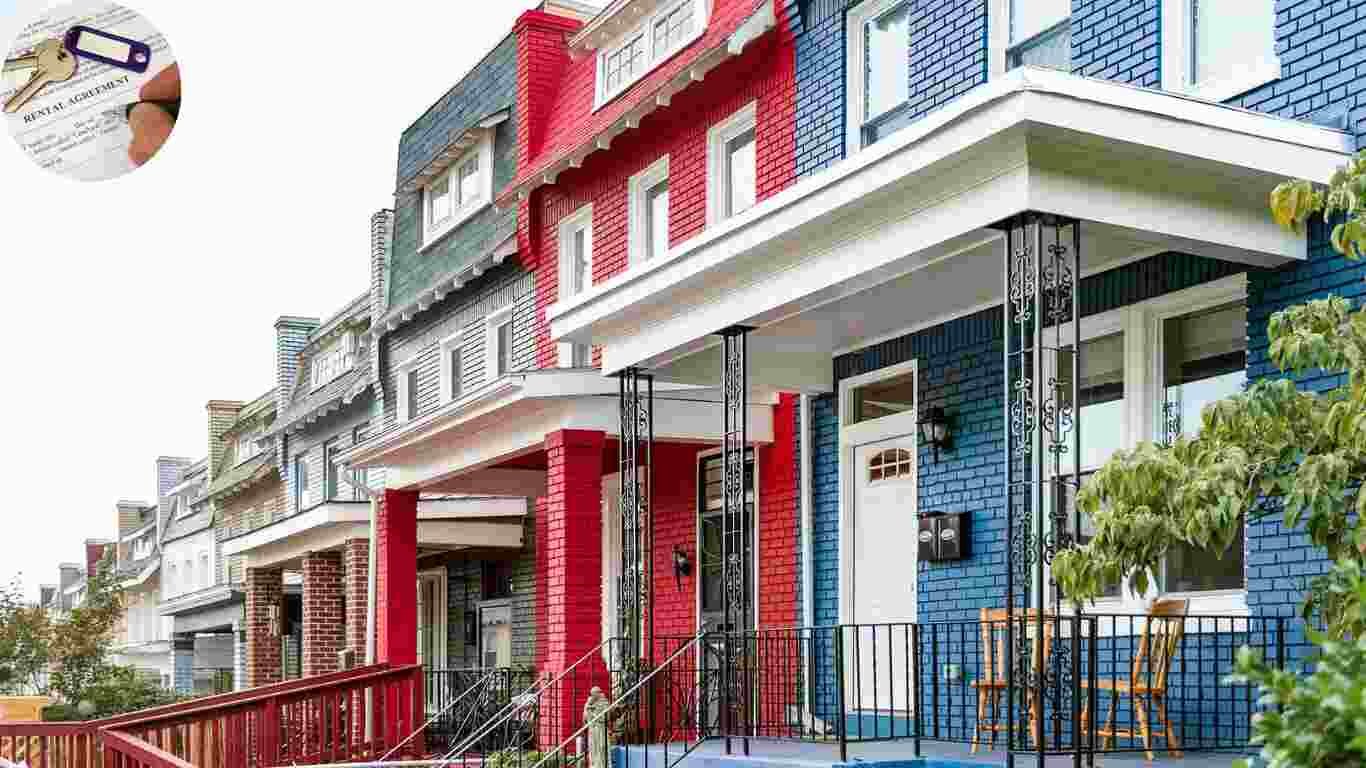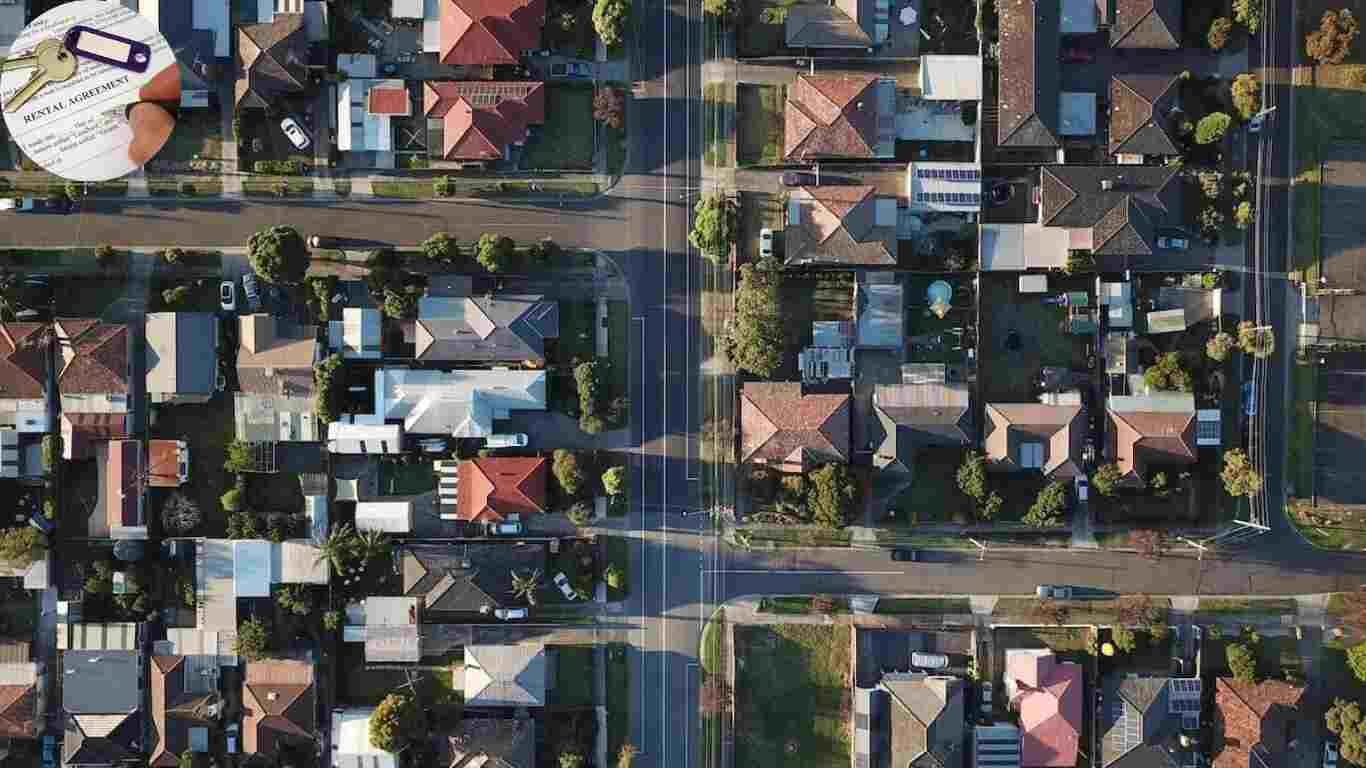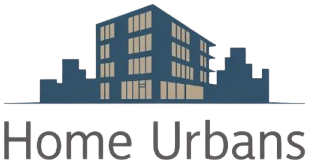The Fair Housing Act, a crucial component of the Civil Rights Act, was established in 1968 with the goal of eliminating discrimination in housing based on personal background, and ensuring that housing decisions are made based on a buyer’s or renter’s financial position. With very few exceptions, the Fair Housing Act applies to most housing and prohibits discrimination by direct providers of housing, such as landlords. Landlords should be aware of federal, state, and local anti-discrimination laws because ignoring or violating them could lead to expensive lawsuits and penalties.
Understanding the Fair Housing Act
The Fair Housing Act (FHA) was enacted in 1968 as a pivotal piece of legislation aimed at promoting equal housing opportunities. This law prohibits discrimination based on race, color, national origin, religion, sex, familial status, and disability.
Its primary goal is to eliminate barriers that prevent individuals from accessing housing. The FHA applies to various types of housing transactions—rentals, sales, and financing—ensuring everyone has the right to secure a home free from bias.
Enforcement mechanisms are established under the Act.How to File a Complaint When Your Rights Are at RiskThe U.
S. Department of Housing and Urban Development (HUD) plays a significant role in investigating these claims.
Understanding this act is crucial for both tenants seeking fair treatment and landlords striving for compliance with federal regulations. It lays the groundwork for creating equitable living environments across communities nationwide.
The Role of Private Landlords in Providing Housing
Private landlords play a crucial role in the housing market. They offer diverse options for renters, often filling gaps left by larger property management companies. Their presence can lead to a more vibrant and varied rental landscape.
Many private landlords own only a few properties. This allows them to provide personalized attention to their tenants’ needs. A friendly relationship can foster trust and improve tenant satisfaction.
However, it’s essential for these landlords to understand their responsibilities under various laws, including fair housing regulations. Being aware of legal obligations not only protects them but also contributes positively to community dynamics.
You may also read(does unemployment count as income when buying a house)
Does the Fair Housing Act Apply to Private Landlords?
The Fair Housing Act (FHA) plays a crucial role in promoting equal housing opportunities. But how does it relate to private landlords?
Many might assume that the FHA only applies to large property management companies or government-affiliated housing. However, this is not the case. Private landlords also have responsibilities under this law.
If you rent out residential properties, even if it’s just one unit, the FHA likely applies to you. This means you must adhere to rules against discrimination based on race, color, national origin, religion, sex, familial status, and disability.
Understanding your obligations as a private landlord can help foster an inclusive rental environment. It’s vital for both tenants and landlords alike to be aware of these regulations for fair and equitable housing practices.
Protected Classes and Prohibited Discrimination
The Fair Housing Act identifies specific protected classes that landlords must respect.Embracing the Spectrum of Identity and Inclusion.
Discrimination against these groups is illegal when it comes to renting or selling housing. This means that a landlord cannot refuse to rent based on someone’s race or deny a family with children simply because they have kids.
For instance, saying “no pets” often overlooks disabled individuals needing service animals. Landlords should be aware of such nuances as they navigate their responsibilities under the law.
Fostering an inclusive environment goes beyond mere compliance; it’s about recognizing everyone’s right to fair housing opportunities without prejudice.
Exceptions to the Fair Housing Act for Private Landlords
While the Fair Housing Act (FHA) aims to create equal housing opportunities, there are certain exceptions that apply specifically to private landlords. Understanding these nuances is crucial for anyone renting out property.
One notable exception involves smaller landlords. If a landlord owns three or fewer single-family homes and does not use discriminatory advertising, they may be exempt from some FHA provisions. This limited scale can provide flexibility in how they manage their properties.
These small-scale scenarios might allow the owner more leeway in tenant selection without infringing on FHA guidelines.
It’s also important to note religious organizations and private clubs may have exemptions when it comes to housing accommodations tied closely to their missions. However, this doesn’t give them carte blanche; discrimination based on protected classes still remains prohibited under various federal laws.
What Should Private Landlords Do to Comply with the FHA?
Private landlords can take several proactive steps to comply with the Fair Housing Act. First, they should familiarize themselves with the key provisions of the Act. Understanding what constitutes discrimination is essential.
Next, landlords must ensure their advertising practices are inclusive. This means avoiding language that could suggest a preference for or against specific groups.
Training staff and property managers on fair housing laws is another crucial step. They need to be equipped to handle inquiries fairly and without bias.
Implementing standardized application processes helps prevent discrimination based on protected classes. Why Consistent Screening Procedures Matter for Every Applicant
Creating a clear policy for handling complaints related to potential violations can foster transparency and accountability in rental practices. Taking these actions not only ensures compliance but also promotes an equitable living environment for all tenants.
The Importance of Fair Housing in Creating Inclusive Communities
Fair housing is more than just a legal requirement; it’s the foundation for building inclusive communities. When every individual has equal access to housing, we foster diversity and understanding among different cultures and backgrounds.
Inclusive communities benefit everyone. They promote social interaction, economic growth, and community engagement. Access to safe and affordable housing allows families to thrive, children to learn in stable environments, and individuals to contribute positively to society.
Embracing fair housing principles creates an environment where everyone feels welcome. This inclusivity enriches our communities culturally and socially while ensuring that all residents feel valued and respected regardless of their background or status.
The importance of fair housing extends beyond legality—it shapes how we live together as a society. It cultivates spaces where diverse voices can be heard and contributes significantly toward building equitable futures for all residents.
You may also read(is there a sorority house at umiami)

